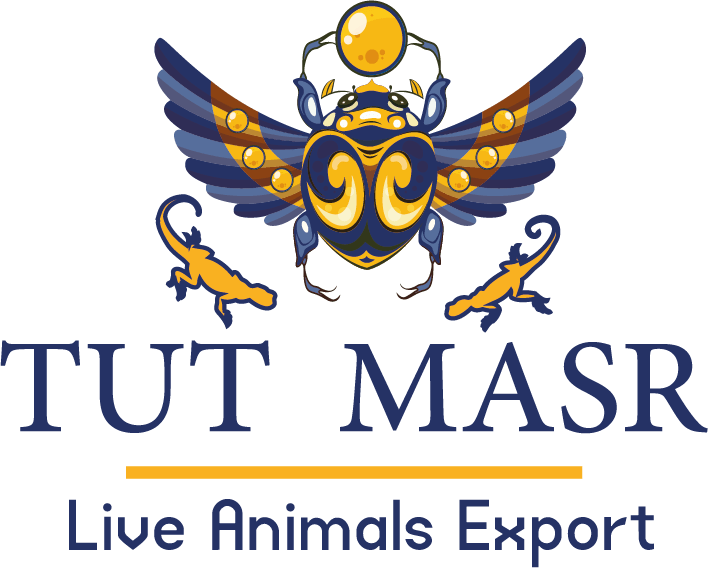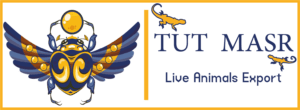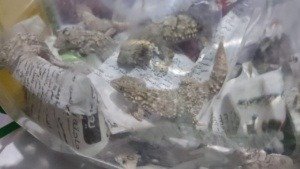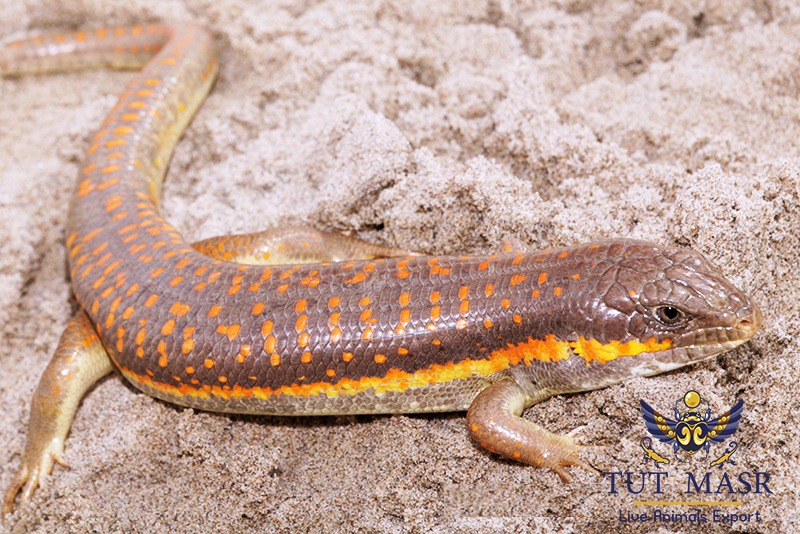lizards for pets
Introduction
Lizards are becoming increasingly popular as pets due to their unique characteristics and low maintenance requirements.
They make fascinating companions for reptile enthusiasts and can provide endless fascination and learning opportunities.
Before deciding to get a lizard as a pet, it’s important to consider the benefits and considerations associated with their care.

Benefits of having lizards as pets
- Low maintenance:Lizards require minimal grooming and do not need to be walked or bathed regularly.
- Hypoallergenic:Lizards are an excellent choice for individuals with allergies as they do not have fur or produce dander.
- Long lifespan:Many lizard species have long lifespans, providing the opportunity for a lasting pet companion.
- Variety of species:There is a vast selection of lizard species available as pets, each with its own unique characteristics and care requirements.
- Educational value:Lizards can be an excellent educational tool, teaching responsible pet ownership and biodiversity.
Considerations before getting a lizard as a pet
Specialized habitat: Lizards require specific environmental conditions, including temperature, humidity, and lighting, which must be carefully maintained.
Dietary needs: Lizards have specific dietary requirements that often include a mixture of live insects, fruits, and vegetables.
Space requirements: Different species of lizards have varying space requirements, so it’s important to provide a suitable enclosure with enough room for them to explore and bask.
Veterinary care: Finding a reptile-experienced veterinarian is crucial to ensure your lizard receives proper healthcare and vaccinations.
Time commitment: While lizards may require less attention than other pets, they still require daily care and interaction.
When considering adding a lizard to your household, it’s important to thoroughly research the specific needs of the species you are interested in and ensure you can provide the necessary care and attention. With proper care and understanding, lizards can make fascinating and rewarding pets.

Leopard Geckos
Popular pet lizard choice
Leopard geckos are a popular choice for lizard enthusiasts due to their unique characteristics and relative ease of care. They are known for their striking appearance, with their leopard-like spots and vibrant colors. These geckos are also docile in nature, making them great for handling and interaction. Leopard geckos are suitable for both beginners and experienced reptile owners.
Care and habitat requirements:
Leopard geckos require specific care and habitat conditions to thrive. Here are some key considerations:-
Housing: A tank with a secure lid is necessary to keep leopard geckos contained. The size of the tank should be appropriate for their size and allow room for them to explore and hide.
Lighting and Heating: Leopard geckos need a heat source to maintain their body temperature, usually provided by an under-tank heater or heat pad. They also require a light source that mimics their natural day-night cycle.
Substrate: A suitable substrate, such as reptile carpet or paper towels, should be used to line the tank to prevent impaction from accidental ingestion.
Feeding: Leopard geckos are insectivores and primarily eat live insects, such as crickets or mealworms. Calcium and vitamin supplements should be provided to ensure proper nutrition.
Cleaning and Maintenance: Regular cleaning of the tank, removal of waste, and monitoring of temperature and humidity levels are essential for maintaining a healthy environment.
Remember to consult with a reptile-experienced veterinarian for specific care instructions and any health concerns regarding your leopard gecko. With the right care and attention, leopard geckos can make wonderful and captivating pets.
Bearded Dragons
Suitable for beginners
Bearded dragons are an excellent choice for beginners looking to have a reptile pet. They are known for their docile nature and adaptability, making them easy to handle and care for. Bearded dragons are also highly social creatures and can form a strong bond with their owners. Their calm demeanor and low maintenance requirements make them a popular choice for first-time reptile owners.
Feeding and handling tips
Proper nutrition is crucial for the health of bearded dragons. Their diet mainly consists of a variety of vegetables, fruits, and insects. It’s important to provide a balanced diet to ensure they receive all the necessary nutrients. Additionally, bearded dragons should be handled with care and gentleness, taking into consideration their delicate limbs and tails. Regularly cleaning their habitat and maintaining the appropriate temperature and humidity levels are also essential for their well-being.
Crested Geckos
Low-maintenance pet option
Crested geckos are an ideal choice for those seeking a low-maintenance pet. These geckos are known for their laid-back and easy-going nature, making them suitable for beginners and busy individuals. They require minimal handling and do not have specific temperature and lighting requirements like other reptiles. Crested geckos also do not require large enclosures, as they are primarily arboreal and spend their time climbing on branches and foliage.
Housing and diet recommendations
Crested geckos are best housed in vertical terrariums with ample climbing opportunities. These terrariums should have proper ventilation and humidity control to replicate their natural habitat. As for their diet, crested geckos mainly consume fruit-based powdered diets, which can easily be prepared by mixing with water. It is essential to provide a dish of fresh water at all times and occasional live insects as a treat. Regular cleaning and monitoring of the enclosure are necessary for their well-being.
Green Anoles
Small and active pet lizards
Green Anoles are small and active pet lizards that can be a great addition to your home. These lizards are known for their vibrant green color and quick movements, which make them fascinating to watch. Although they are not as low-maintenance as crested geckos, they can still be a suitable option for reptile enthusiasts looking for a small and active pet.
Ideal enclosure and environmental needs
Green Anoles require a proper enclosure that meets their environmental needs. A vertical terrarium is ideal, as it provides ample climbing opportunities. The enclosure should also have proper ventilation and temperature control to mimic their natural habitat. Additionally, green anoles require UVB lighting to support their calcium metabolism. It is important to provide a varied diet of insects and small invertebrates to ensure their nutritional needs are met. Regular cleaning and monitoring of the enclosure are crucial for their overall well-being.
African Fat-Tailed Geckos
Calm and docile reptile companions
African Fat-Tailed Geckos are calm and docile reptile companions, making them a popular choice among reptile enthusiasts. These geckos are known for their unique appearance, with their thick, fat tails that resemble the shape of a leaf. They are generally easy to handle and are less likely to bite compared to other gecko species. African Fat-Tailed Geckos require a suitable enclosure with a warm and humid environment, as well as a diet consisting of insects and small mammals. Regular handling and monitoring of their habitat is essential for their well-being.

Calm and docile reptile companions
African Fat-Tailed Geckos are calm and docile reptile companions, making them a popular choice among reptile enthusiasts. These geckos have a unique appearance, with their thick, fat tails that resemble the shape of a leaf. They are generally easy to handle and are less likely to bite compared to other gecko species. African Fat-Tailed Geckos require a suitable enclosure with a warm and humid environment, as well as a diet consisting of insects and small mammals. Regular handling and monitoring of their habitat is essential for their well-being.
Factors to consider when choosing a lizard pet
- Temperament: African Fat-Tailed Geckos are known for their calm and docile nature, making them a suitable choice for reptile enthusiasts of all experience levels.
- Appearance: The unique fat-tailed shape of these geckos adds to their appeal and makes them stand out among other lizard species.
- Care requirements: African Fat-Tailed Geckos need specific environmental conditions, including a warm and humid enclosure, as well as a proper diet to thrive.
- Handling: Their easy-going nature and reduced likelihood of biting make them easier to handle and interact with compared to other geckos.
- Monitoring: Regular monitoring of their habitat, temperature, and overall health is necessary to ensure the well-being of your African Fat-Tailed Gecko.





